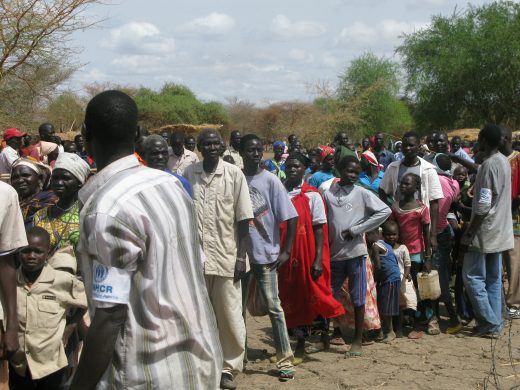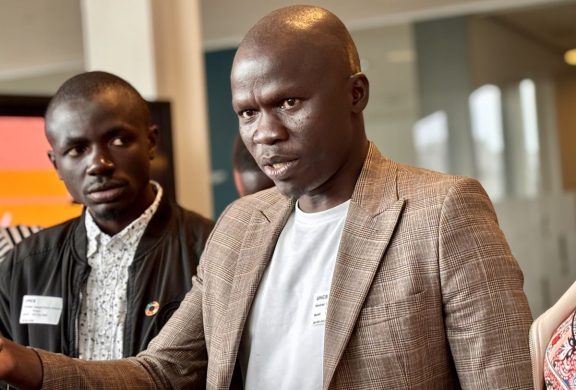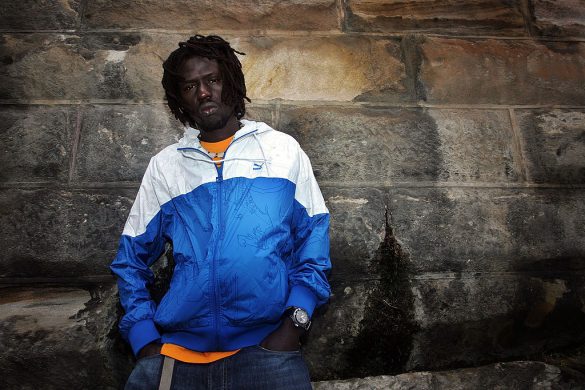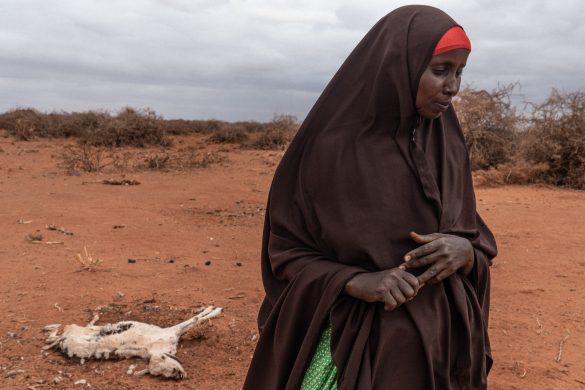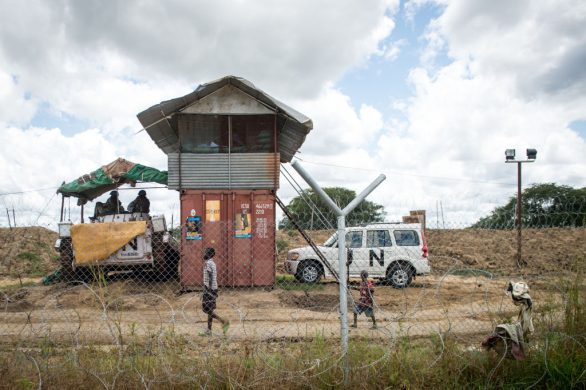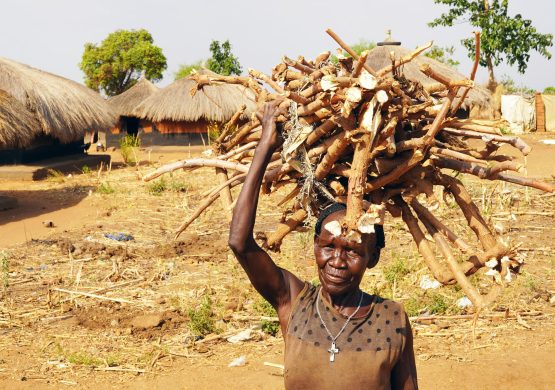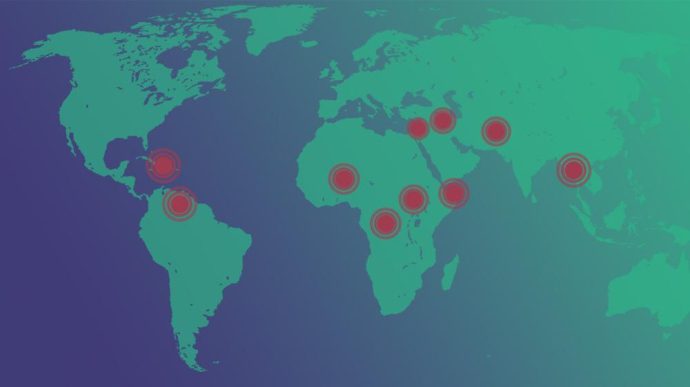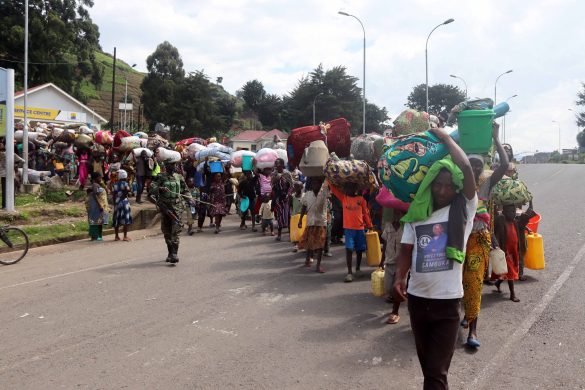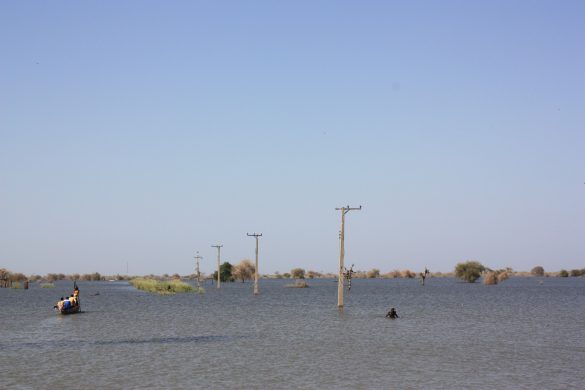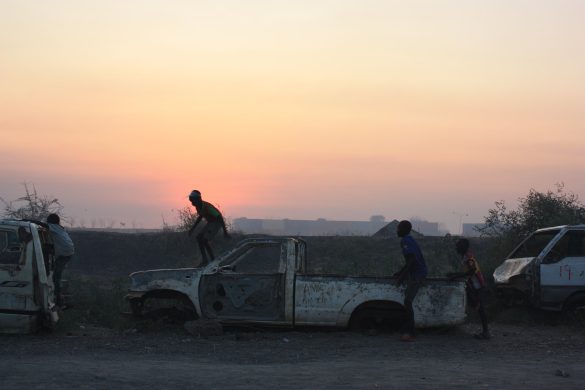8 July 2016 (UN News): As South Sudan prepares to make its fifth anniversary of independence, United Nations officials today expressed concern over the continuing violence in parts of the country and the resulting forced displacement of people, both internally and throughout the neighbouring region.
At the biweekly press briefing in Geneva this morning, Melissa Fleming, spokesperson for the Office of the UN High Commissioner for Refugees (UNHCR) said the agency remains gravely concerned over the situation in South Sudan, noting that nearly one in four of the country's citizens is displaced within its borders or in neighbouring countries, which is affecting some 2.6 million people – a large majority of them children – against a population that stood at 11.3 million in 2013.
“Civilians in South Sudan continue to bear the brunt of armed conflict. Sporadic clashes are commonplace, while growing food insecurity and deteriorating economic conditions foretell a grim outlook for the country at large,” Ms. Fleming said.
Conflict has spread
UNHCR noted that South Sudan has spent much of its short life at war with itself, riven by a political face-off between President Salva Kiir and his then former Vice-President Riek Machar that erupted into full-blown conflict late in 2013.
Some 2.4 million people fled their homes in fear, before an August 2015 peace deal ended the major offensives. The country is preparing to make the fifth anniversary of its independence on 9 July.
Despite the August 2015 peace agreement that formally ended the war, conflict and instability has spread to previously unaffected areas in the Greater Equatoria and Greater Bahr-El-Ghazal regions.
This past month, deadly clashes in Wau resulted in the deaths of more than 40 people, while up to 35,000 fled their homes. Such fighting is characteristic of the trend that produced fresh refugee outflows this year, the UNHCR spokesperson said.
World's fourth-largest refugee producing country
In the nine months that the ceasefire has been observed, there has been no major return movement from countries of asylum. In that period, the number of internally displaced people rose by 100,000, while UNHCR registered nearly 140,000 new refugees. There are now more than 860,000 South Sudanese refugees in neighbouring countries, making it the world's fourth-largest refugee producing country, and second largest in sub-Saharan Africa after Somalia.
Notwithstanding these challenges, South Sudan is host to more than 272,000 refugees from mainly Sudan (251,000), with smaller numbers from the Democratic Republic of the Congo (14,799), Ethiopia (4,400) and the Central African Republic (1,878). This year the country has experienced the arrival of some 9,000 new refugees as a result of conflict in the Southern Kordofan and Blue Nile states of Sudan, Ms. Fleming said.
Neighbouring countries continue to maintain open borders for South Sudanese refugees, and there is ongoing engagement with host communities. Since 2015, some 22,000 individuals have fled fighting in Western Equatoria into remote parts of the Central African Republic and the Democratic Republic of the Congo. In both countries, insecurity and logistical difficulties are affecting humanitarian access.
Meanwhile, Sudan has received the highest number of new South Sudanese refugees this year, according to UNHCR. With 231,581 individuals, it is now the second-highest refugee hosting country after Ethiopia (285,356). They are followed by Uganda (229,006) and Kenya (103,173).
Humanitarian response is 'sorely lacking'
The spokesperson also noted that the number of food insecure people in South Sudan is expected to increase from 4.3 million to 4.8 million in line with seasonal vulnerabilities and the economic crisis. At the same time, she underscored that the overall humanitarian response in South Sudan is “sorely lacking” due to severe underfunding.
UNHCR and 42 non-governmental partners are requesting $573 million for refugee protection and assistance programmes. With the inter-agency appeal funded at 17 per cent ($85.4 million), agencies are constrained to prioritize emergency response and life-saving assistance activities, Ms. Fleming said.
Læs resten af artiklen hos UN News

